
The aroma of delicious food wafting through the air, the excitement of trying a new dish – food trucks and restaurants both offer tantalizing culinary experiences. But for the aspiring entrepreneur, which path to choose? Both models boast unique advantages and drawbacks, and the “right” choice depends on your vision, budget, and priorities.
In this blog post, we will explore the pros and cons of food trucks and restaurants, helping you decide which culinary adventure suits your taste buds and lifestyle.
Food Trucks:
-
Pros:
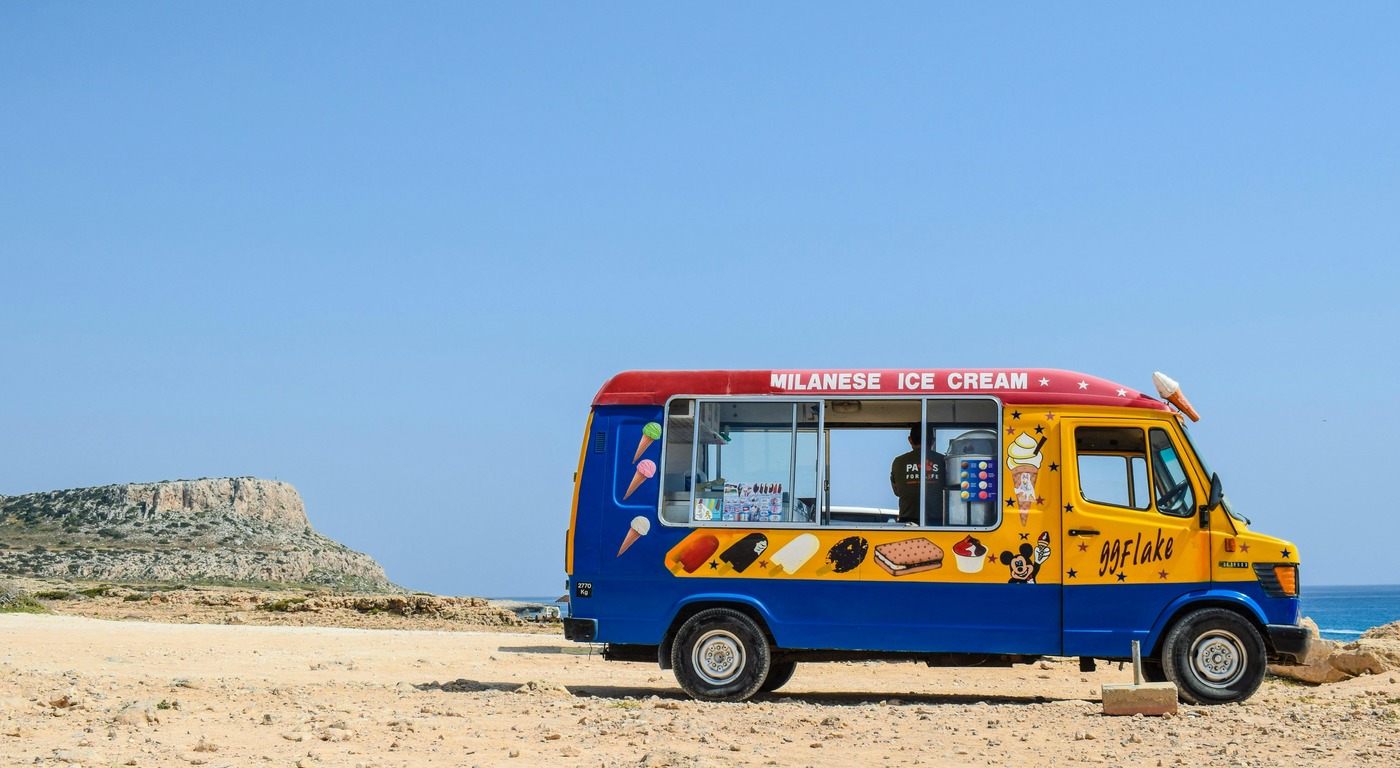
- Lower overhead costs: Starting a food truck is generally cheaper than opening a brick-and-mortar restaurant. Think smaller space, less equipment, and lower rent.In general, food trucks tend to be more budget-friendly than traditional restaurants. The lower overhead costs often translate to more affordable prices for customers, making it an attractive option for those seeking quality meals at a lower cost.
- Flexibility: Food trucks can move around, catering to events, festivals, or high-traffic areas. This makes them an excellent option for foodies on the go, as they can enjoy diverse cuisines without being restricted to a fixed location.
- Culinary innovation: Food trucks are often pioneers of culinary innovation, introducing unique and experimental dishes. These mobile kitchens thrive on creativity, offering a diverse range of international and fusion cuisines that may be hard to find in conventional restaurants.
- Faster turnaround: Smaller menus and grab-and-go service translate to quicker order processing, keeping customers satisfied and the line moving.
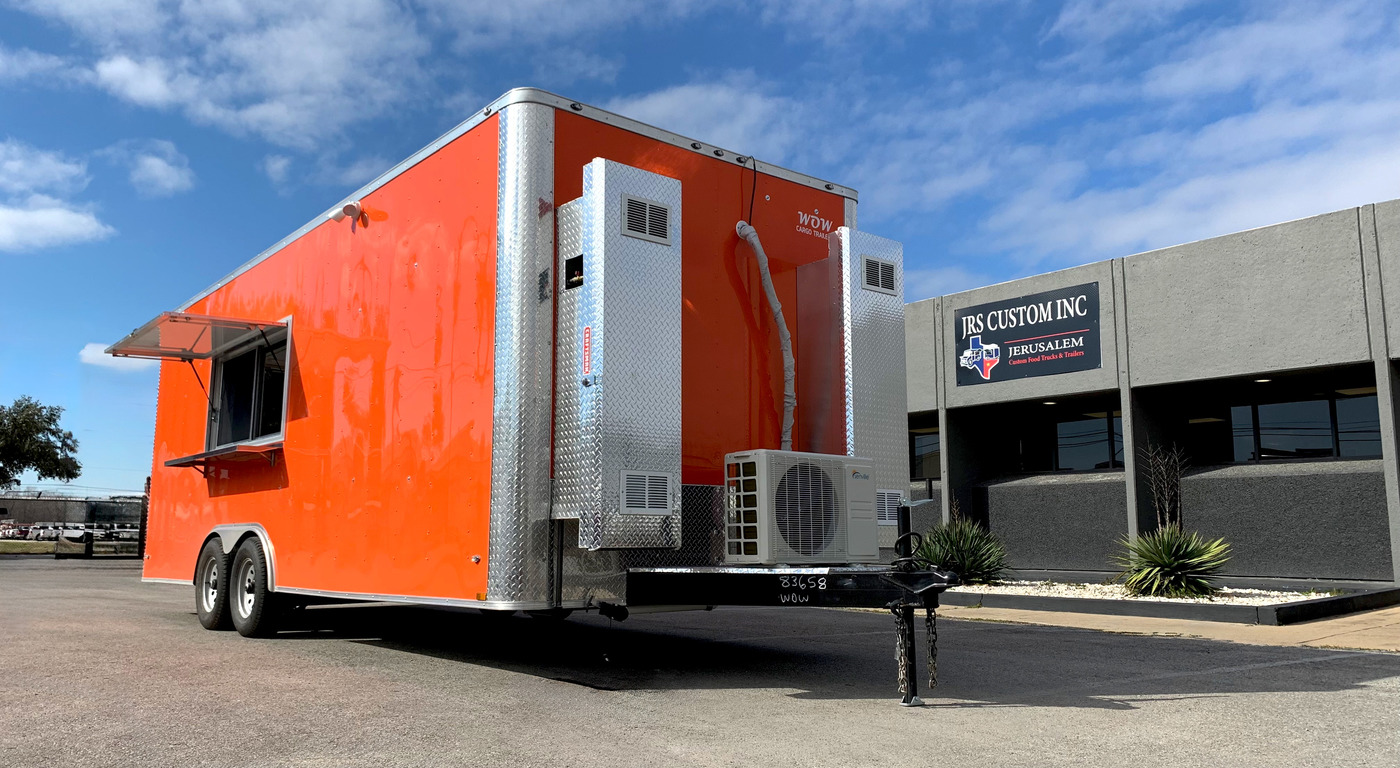
-
Cons:
- Limited menu: Due to space constraints, food trucks may have a more limited menu compared to restaurants. While this can be an advantage for quick decision-making, it might leave some diners wanting a broader selection.
- Weather dependency: Food trucks are susceptible to weather conditions. Rain or extreme heat can impact their ability to operate, limiting accessibility and disappointing hungry customers.
- Storage and prep challenges: Food trucks have limited storage and prep space, requiring careful planning and organization.
- Permitting and regulations: Navigating permits and regulations for different locations can be complex and time-consuming.
- Limited Seating: One of the drawbacks of food trucks is the limited seating options. While they may have a few stools or benches, the experience lacks the formal ambiance and comfort of a traditional restaurant setting.
Restaurants:
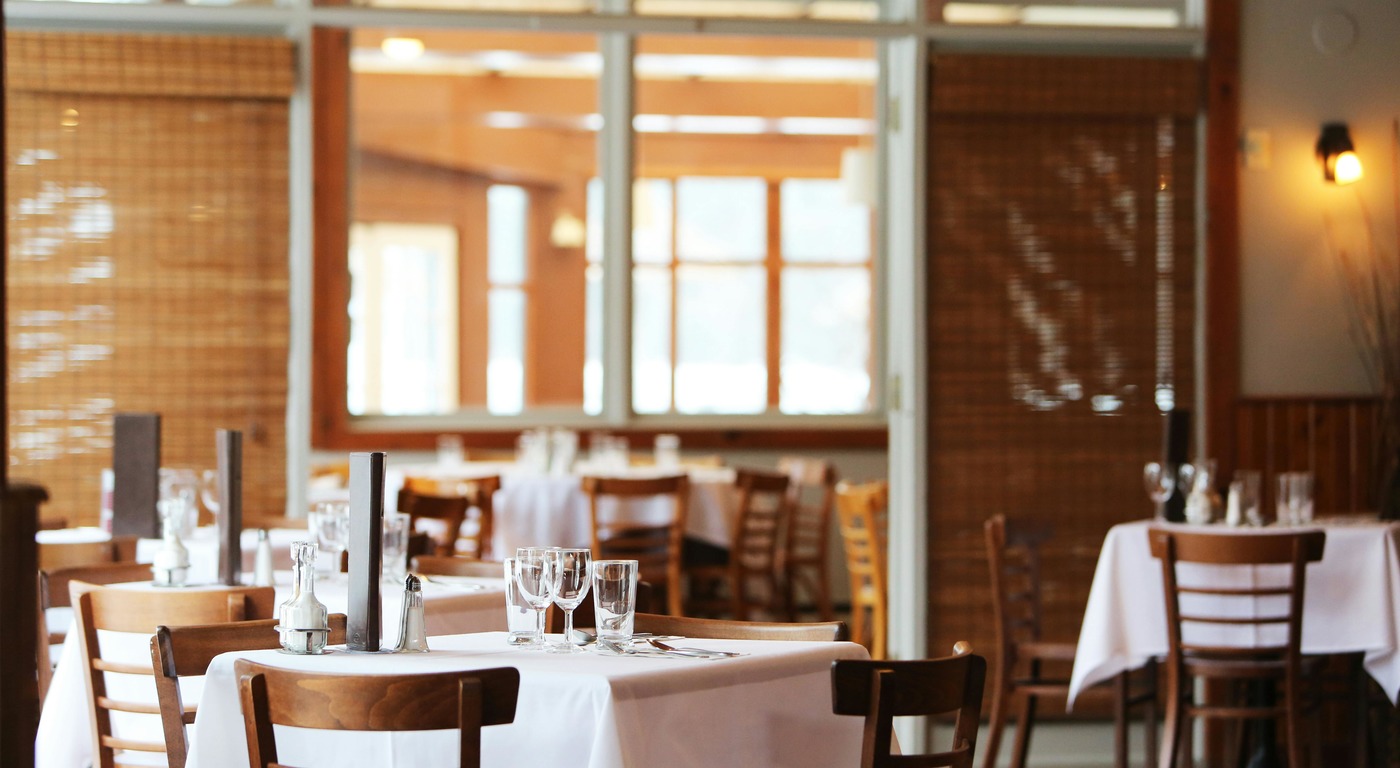
-
Pros:
- Wider menu offerings: Unlike food trucks, restaurants can offer a more extensive menu with a variety of choices, including appetizers, entrees, desserts, and drinks.This is particularly advantageous for groups with diverse tastes or those seeking a specific cuisine.
- Stable location: A dedicated location builds brand recognition and attracts regular customers who know where to find you.
- More comfortable dining experience: Restaurants offer seating, restrooms, and a controlled environment, enhancing customer comfort and satisfaction, making them ideal for special occasions, dates, or leisurely meals with friends and family.
- Potential for higher revenue: With more tables and a broader menu, restaurants have the potential for higher per-customer revenue.
- Consistent Operating Hours: Restaurants typically have consistent operating hours, allowing diners to plan their meals with certainty. Unlike food trucks, they are not as affected by external factors like weather, ensuring a more reliable dining experience.
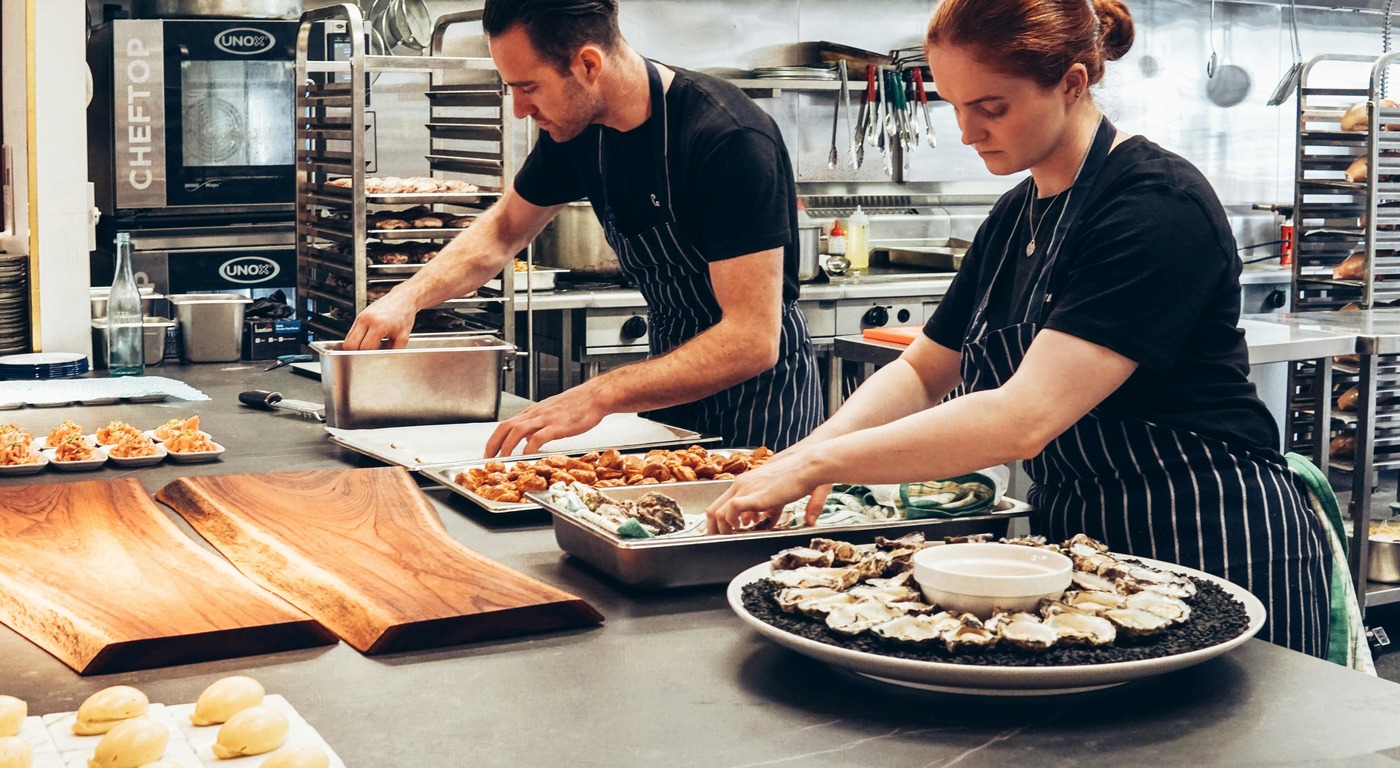
-
Cons:
- Higher startup and operating costs: Rent, staff, equipment, and utilities translate to significant upfront and ongoing expenses. As a result, menu prices are often higher compared to food trucks, making it less accessible for budget-conscious diners.
- Less flexibility: Changing locations is expensive and time-consuming, limiting your ability to adapt to market trends. This lack of mobility may be a drawback for those seeking a more adventurous dining experience.
- Larger staff requirements: Restaurants need more staff for cooking, serving, and cleaning, increasing payroll costs.
- Competition: The restaurant industry is fiercely competitive, requiring effective marketing and branding to stand out.
- Slower Service: The formal sit-down service in restaurants may result in slower meal preparation and service times. This can be a disadvantage for those with time constraints or those looking for a quick bite on the go.
Technology's Impact on Food Trucks, Restaurants, and the Future
The culinary landscape is being reshaped by a wave of tech advancements, impacting both food trucks and restaurants in exciting (and sometimes challenging) ways. Let's dive in:
Food Trucks:

- Mobile Magic: Apps like Eat Street help customers track down trucks, while social media platforms like Instagram keep them updated on menus and locations.
- Ordering on the Go: Mobile POS systems and online ordering platforms enable contactless payments and faster service, vital for quick-service food trucks.
- Data-Driven Decisions: Inventory management tools and analytics dashboards help track popular items, optimize menus, and predict demand, crucial for maximizing limited space and resources.
Restaurants:
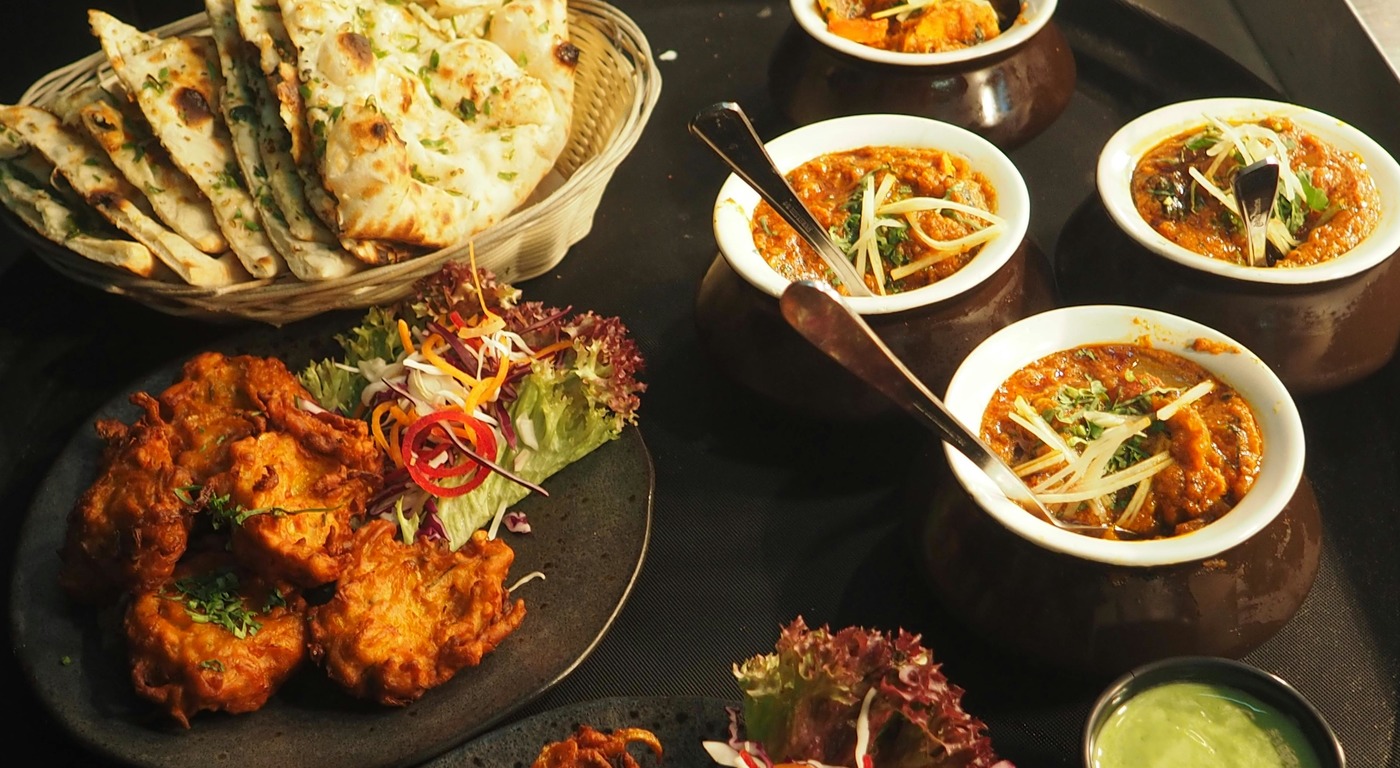
- Delivery Domination: Third-party delivery platforms like Uber Eats and DoorDash have skyrocketed in popularity, offering convenience to customers but often impacting restaurant profits with high fees.
- Dine-in Digitization: Online reservation systems and contactless ordering through QR codes improve efficiency and reduce wait times.
Ghost Kitchens and Virtual Restaurants:
- Delivery-Only Delights: These hidden kitchens prepare food solely for delivery, often serving multiple virtual restaurants with different menus.This model reduces overhead costs and caters to the delivery-driven market, but lacks the dine-in experience.
- Potential Impact: This trend could disrupt traditional restaurants, especially fine-dining establishments, but also create new opportunities for chefs and delivery-focused concepts. However, concerns exist about standards, authenticity, and ethical labor practices in ghost kitchens.
Conclusion:
Ultimately, the best choice depends on your individual goals and resources. If you dream of culinary innovation, enjoy flexibility, and have a limited budget, a food truck might be your ideal starting point.
But if you envision a wider menu, a stable location, and a more comfortable dining experience, a restaurant might be the better fit.
Remember, both models require passion, dedication, and a solid business plan to succeed. So, choose the path that aligns with your vision and get ready to embark on your delicious culinary adventure!
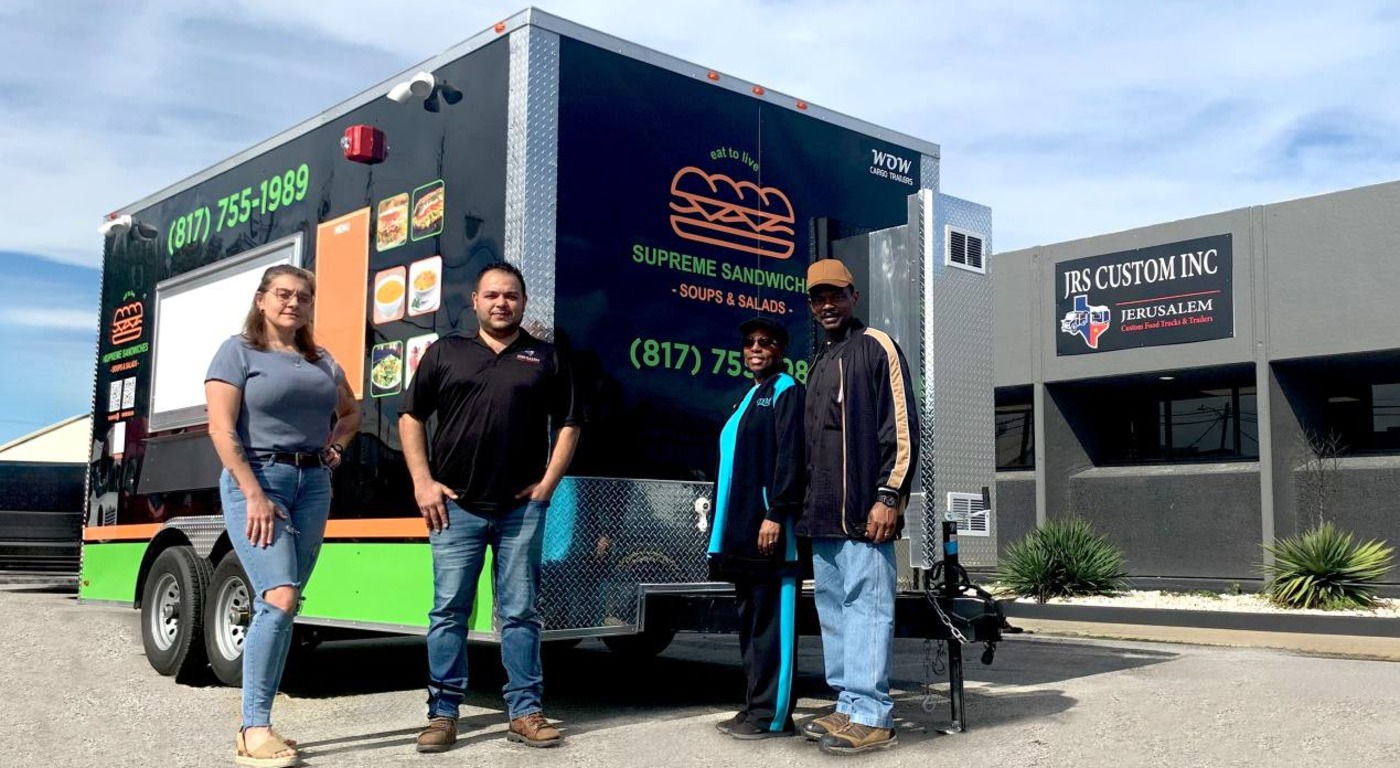
Turn your culinary dream into a mobile empire with custom-built food trucks from Jerusalem Custom Food Trucks & Trailers! We offer expert design, customization, and equipment to help you craft the perfect food truck for your unique menu and bring deliciousness to hungry crowds. Don’t wait, visit our website or call us now at +1 713-568-2909 to unleash your food truck dream!

 Proudly built in America
Proudly built in America